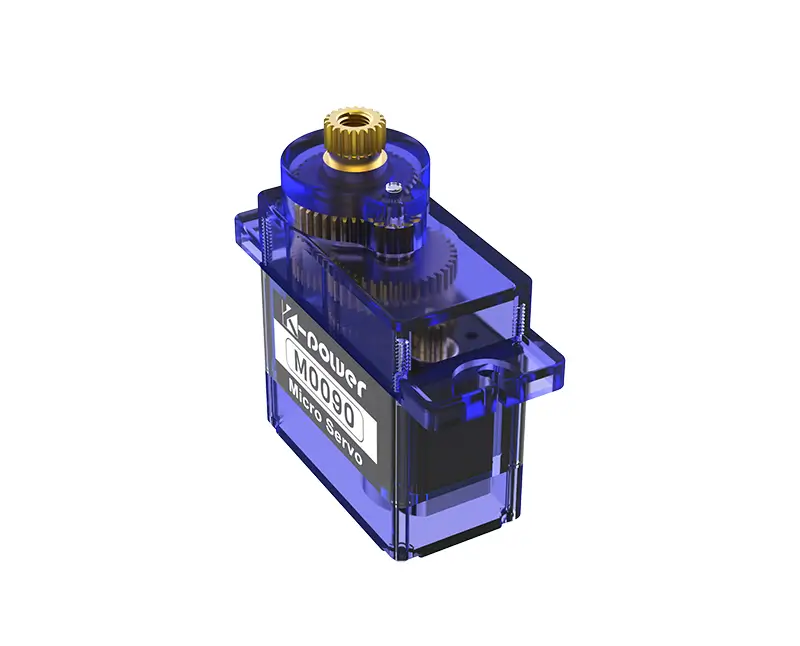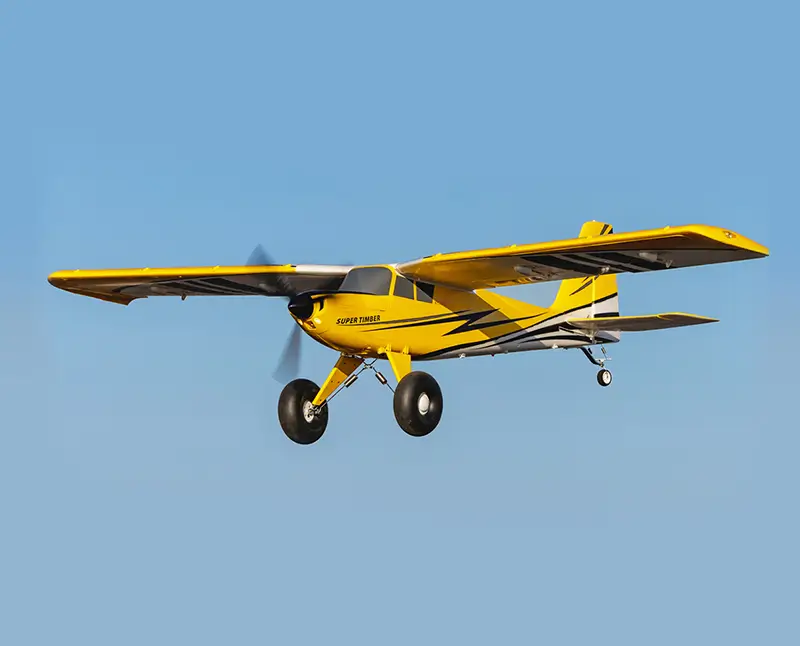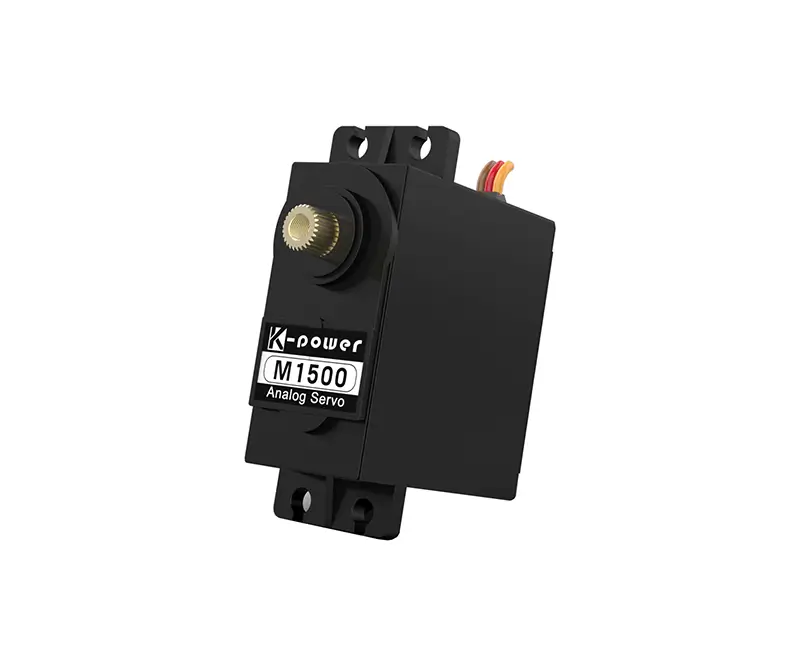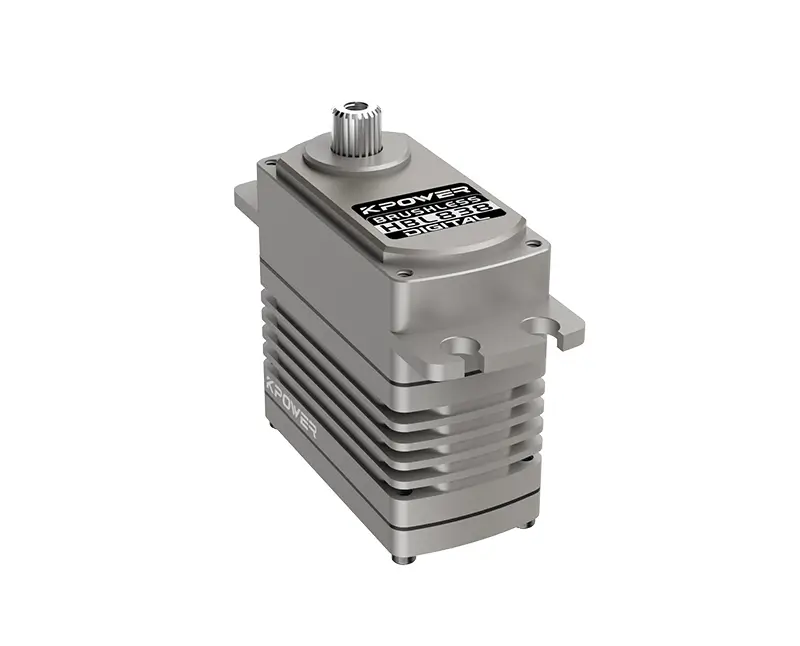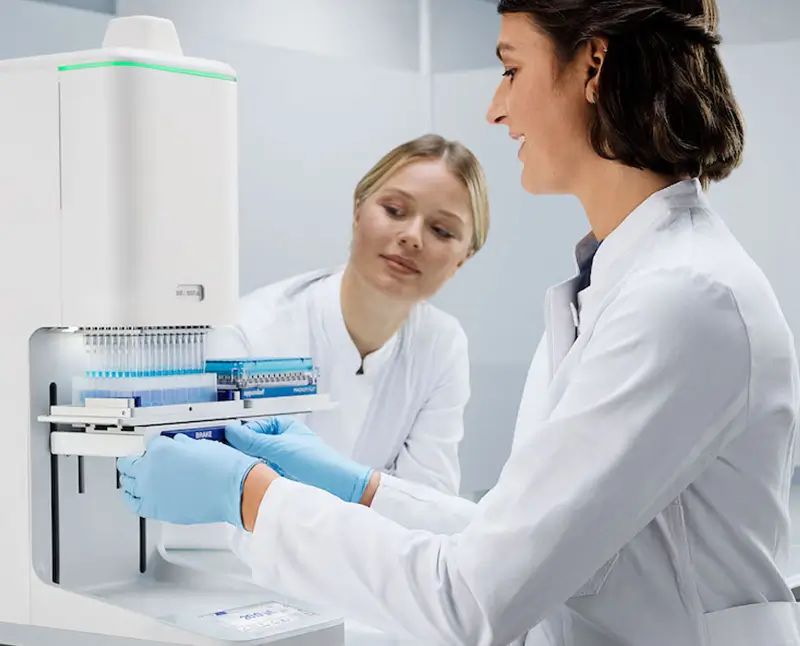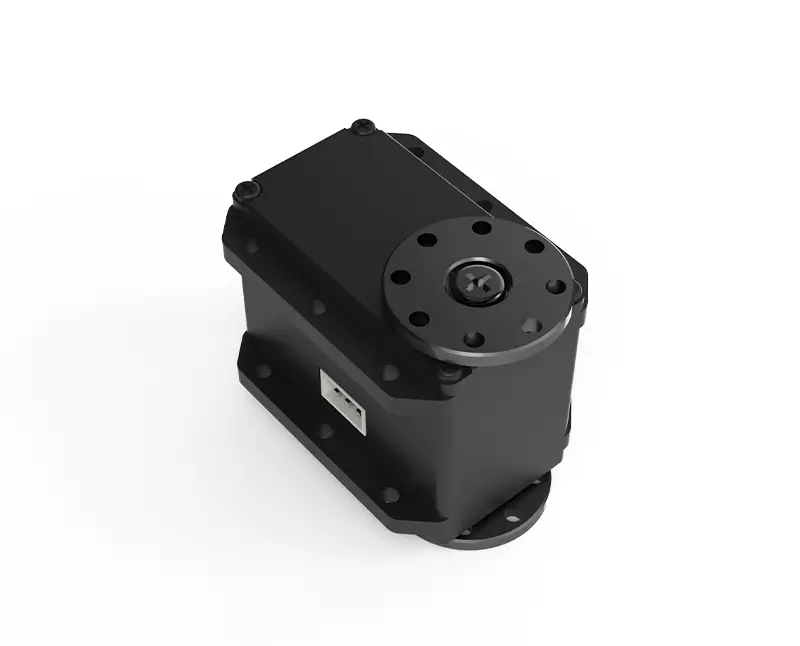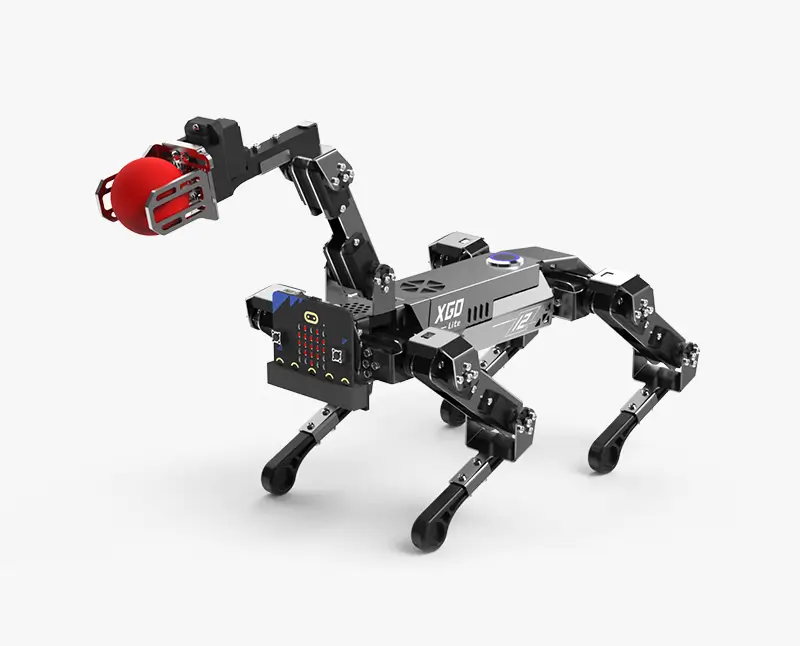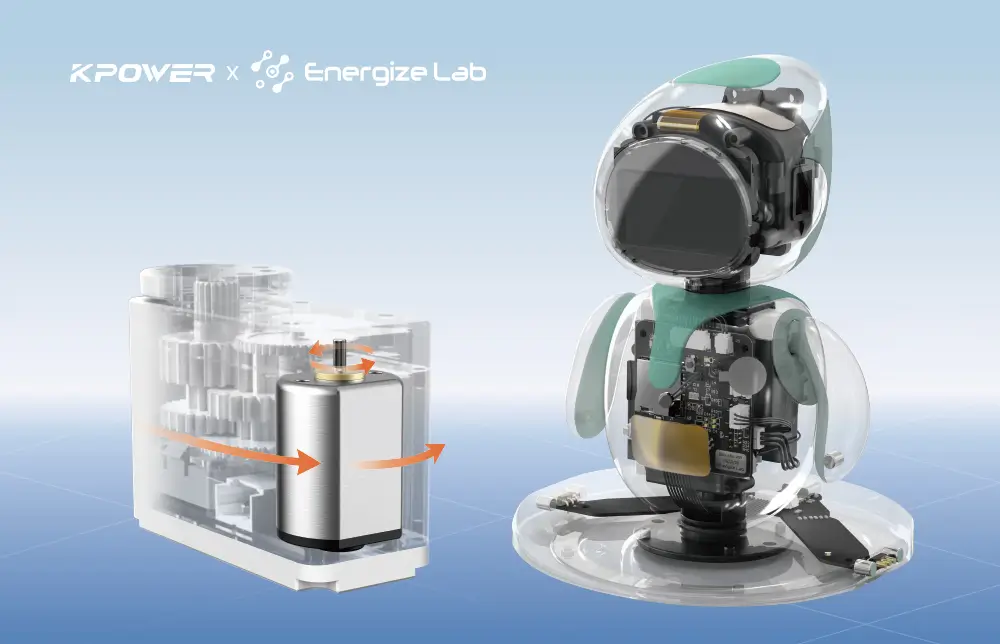Germany’s reputation as a global engineering powerhouse is built on precision, reliability, and innovation. Nowhere is this more evident than in its servo motor manufacturing sector, a critical driver of industries ranging from automotive manufacturing to renewable energy. Servo motors, which enable exact control of angular or linear position, velocity, and acceleration, are the unsung heroes behind automated factories, smart robotics, and high-performance machinery. In this two-part series, we delve into the companies shaping this vital industry and explore how their innovations are redefining modern automation.
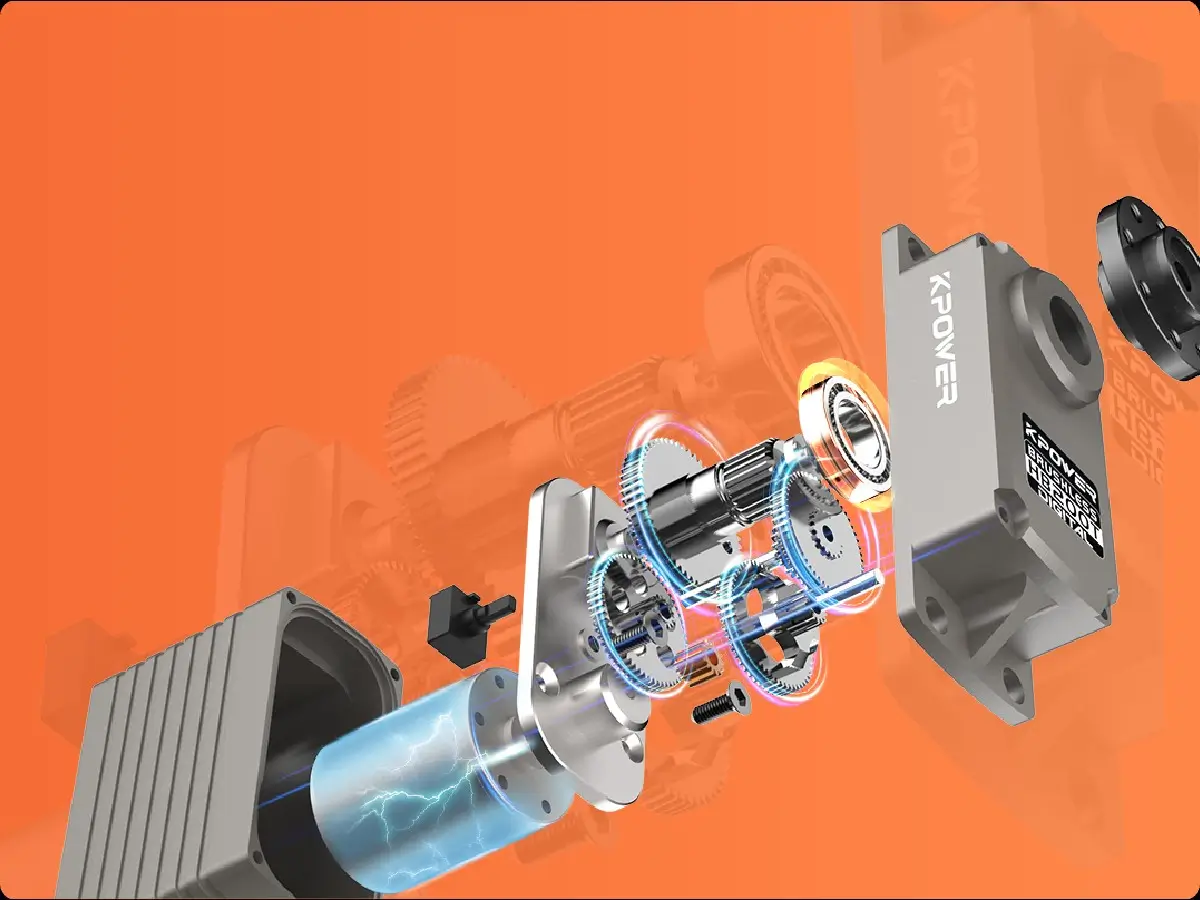
The Backbone of Modern Automation
Servo motors are integral to the Fourth Industrial Revolution (Industry 4.0), where interconnected systems demand unparalleled accuracy and adaptability. Germany’s manufacturers have long been at the forefront of this evolution, blending mechanical expertise with digital intelligence. Their products power everything from assembly lines in Stuttgart’s automotive plants to wind turbines in the North Sea. But what sets German-made servo motors apart? The answer lies in a legacy of engineering rigor, relentless R&D investment, and a culture of collaboration between academia and industry.
A Legacy of Engineering Excellence
Germany’s dominance in servo motor technology is rooted in its historical leadership in mechanical and electrical engineering. Companies like Siemens, Bosch Rexroth, and Beckhoff Automation didn’t just adapt to the digital age—they helped create it. For instance, Siemens’ Simotics SD series servo motors are renowned for their modularity, enabling seamless integration into diverse industrial setups. Similarly, Bosch Rexroth’s IndraDrive Mi system combines compact design with high torque density, making it a favorite for space-constrained applications like medical devices and packaging machinery.
Spotlight on Industry Leaders
Siemens AG: Pioneering Digital Integration
Siemens, a titan of German engineering, has been a trailblazer in integrating servo motors with digital ecosystems. Their motors are embedded with IoT-enabled sensors that provide real-time performance data, allowing predictive maintenance and minimizing downtime. Siemens’ collaboration with SAP and other software giants ensures their hardware aligns with cloud-based analytics platforms, a key advantage for smart factories.
Bosch Rexroth: Powering Sustainable Solutions
Bosch Rexroth has carved a niche in energy-efficient servo systems. Their motors feature regenerative drives that recapture braking energy, reducing power consumption by up to 25%. This innovation is critical for industries aiming to meet EU sustainability targets. The company’s focus on hybrid solutions—combining electric and hydraulic systems—has also made them a go-to for heavy machinery sectors like construction and mining.
Beckhoff Automation: Redefining Flexibility
Beckhoff’s AX8000 series exemplifies the company’s philosophy of “open automation.” These servo motors support a wide range of communication protocols, including EtherCAT, enabling interoperability with third-party devices. Beckhoff’s emphasis on decentralized control systems allows manufacturers to scale operations without overhauling existing infrastructure, a game-changer for mid-sized enterprises.
Innovation Through Collaboration
Germany’s servo motor industry thrives on partnerships. The Fraunhofer Society, Europe’s largest applied research organization, works closely with manufacturers to develop next-generation materials like lightweight composites and high-temperature superconductors. Meanwhile, technical universities such as RWTH Aachen and TU Munich produce a steady stream of engineers specializing in mechatronics, ensuring the sector remains future-ready.
Challenges and Adaptations
Even giants face challenges. The global semiconductor shortage disrupted supply chains, forcing companies to diversify sourcing strategies. Additionally, rising demand for rare-earth metals—used in motor magnets—has spurred investments in recycling technologies. German firms are also navigating geopolitical shifts by expanding production facilities in Asia and North America, balancing cost efficiency with local market needs.
Emerging Players and Niche Innovators
While Siemens and Bosch dominate headlines, Germany’s servo motor landscape includes agile innovators addressing specialized needs. Companies like SEW-Eurodrive, Baumüller, and KEB Automation are proving that niche expertise can yield global impact.
SEW-Eurodrive: Customization at Scale
SEW-Eurodrive’s Movitrac LTE servo drives are tailored for conveyor systems and material handling. Their patented “MOVI-C” modular concept lets clients mix and match components, drastically reducing commissioning time. SEW’s focus on user-friendly software, such as the MotionStudio programming interface, empowers even non-specialists to optimize motor performance.
Baumüller: Mastering High-Speed Applications
Baumüller’s b maXX 5000 series is engineered for ultra-high-speed operations, such as CNC machining and textile manufacturing. With dynamic response times under 50 microseconds, these motors ensure precision in processes where milliseconds matter. The company’s recent foray into AI-driven motor control algorithms further enhances their appeal in data-centric industries.
KEB Automation: Rugged Reliability
KEB Automation specializes in harsh-environment servo motors. Their COMBIVERT series, with IP67-rated enclosures, withstands extreme temperatures, dust, and moisture—ideal for food processing and chemical plants. KEB’s partnership with wind turbine manufacturers like Enercon also highlights their role in renewable energy infrastructure.
The Green Revolution: Servo Motors in Sustainable Industries
As industries pivot toward sustainability, German servo motor manufacturers are leading the charge. Wind turbine pitch control systems, for example, rely on high-torque motors to adjust blade angles dynamically. Companies like Nord Drivesystems are integrating servo technology into solar tracking systems, maximizing energy capture by aligning panels with the sun’s trajectory.
The automotive sector’s shift to electric vehicles (EVs) presents another opportunity. Servo motors are essential in battery assembly lines, where precision placement of cells is critical. Bosch Rexroth’s automated guided vehicles (AGVs), powered by their servo systems, are now ubiquitous in EV factories, reducing reliance on fossil-fuel-powered logistics.
Smart Manufacturing and IoT Integration
Industry 4.0 isn’t just a buzzword in Germany—it’s a reality. Servo motors are increasingly embedded with edge computing capabilities, allowing them to process data locally and respond instantaneously to changes. Beckhoff’s TwinCAT software turns motors into “smart devices” that communicate directly with ERP systems, streamlining production planning.
Digital twins—virtual replicas of physical systems—are another frontier. Siemens’ Digital Enterprise Suite lets engineers simulate motor performance under varying conditions, optimizing designs before prototyping. This reduces development cycles and material waste, aligning with circular economy principles.
The Road Ahead: Trends Shaping the Future
Miniaturization: Demand for compact, high-power-density motors is rising, driven by medical robotics and wearable tech. Human-Machine Collaboration: Servo systems with force-limiting safety features enable safer interactions between robots and human workers. 5G Connectivity: Ultra-low latency communication will unlock real-time remote control of motors in critical applications like surgery and disaster response.
Conclusion of Part 2
Germany’s servo motor manufacturers are not just keeping pace with industrial trends—they’re setting them. By marrying precision engineering with digital innovation, these companies are empowering industries to achieve new levels of efficiency, sustainability, and adaptability. As global challenges like climate change and supply chain volatility intensify, the world will increasingly look to German ingenuity for solutions. From the factory floor to the renewable energy grid, servo motors made in Germany are truly putting the world in motion.



































